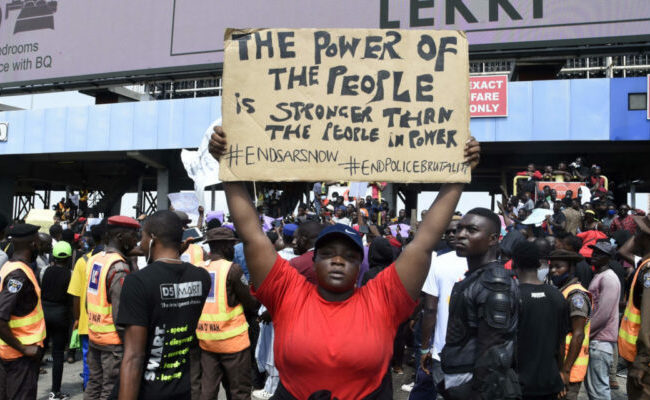Nigeria’s discouraging business climate
Recently, the World Bank listed Nigeria among countries where starting a business has become more cumbersome in the last one year.
According to “Doing Business”, an annual report by the World Bank Group that measures the regulations that enhance business activity in 189 economies and those that constrain it, Nigeria’s business climate has witnessed serious decline since 2014. For example, its ranking on ease of starting a business, saw Nigeria moving down eight places from 131 to 139; access to credit also moved down seven places from 52 to 59; while access to electricity moved one place down from 181 to 182.
It also stated that government bureaucracy hampers the process of starting a new business in Nigeria, with people resorting to third party agents to help facilitate the process of business registration. In addition, it highlighted erratic power supply and lack of access to credit facility as factors hampering business start-up in the country. More alarming is that Nigeria rated the 21st worst country to do business in the world, even as she placed 39th among African countries listed in the report.
We are not surprised, even though embarrassed at the report. For long, Nigeria has become a byword for bureaucratic meddlesomeness and suffocating officialdom, which are responsible for the snail speed of doing business in the country. It is no more a secret that in spite of the country’s huge natural and human resources, foreign investors have continued to avoid Nigeria as a plague. Reasons for keeping away include overregulation, high taxes, dilapidated infrastructure, corruption and unstable power supply.
It is a shame that in the 21st century, Nigeria’s physical infrastructure has remained a major drawback against new and growing businesses. Incidentally, the anaemic state of electricity supply is forcing majority of businesses to rely on private generators for power. This has resulted in backup generators forming a key part of any business’s assets, at a significant additional operating cost.
There is no denying the fact that the cost of capital charged by Nigerian banks and investors is so high as to impede profitability. This situation has made it impossible for small businesses to have access to loans and other financial instruments. We believe the World Bank report is a wake-up call for the Buhari administration to rein in the monsters frustrating business growth in the country. It is imperative that the administration brings down those barriers, given that a major part of the All Progressives Congress (APC) campaign centred on job creation, promoting development and fighting unemployment.
The government must therefore look into the issue of cumbersome regulation as they affect businesses. Much as we believe that no modern economy can function without regulation, it is imperative that they are not held hostage to private interests and bureaucratic skullduggery. If Nigeria is to become a modern developing country, the authorities must address the multitude of deficiencies highlighted in the World Bank report. Moreover, our public officials should understand that their role is to facilitate job creation and not to hinder private investments through creating obstacles that make the business climate more cumbersome.







